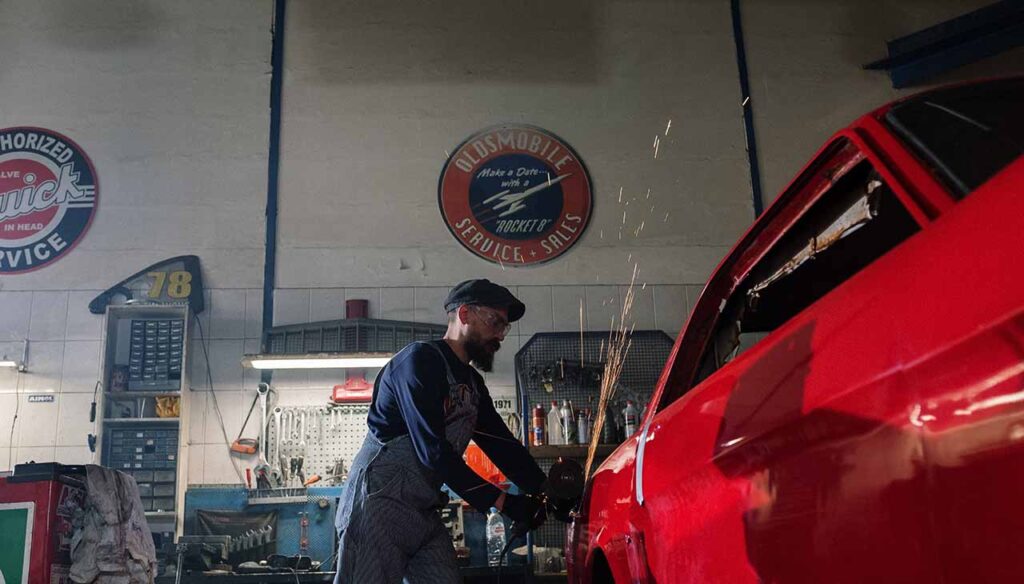Vehicle breakdowns can occur at the most inconvenient times, and it’s crucial to know what steps to take before calling for a tow. This guide will provide you with a clear and straightforward checklist to follow when you find yourself in this situation. Keep calm, remember these steps, and you can help ensure your vehicle is towed safely and efficiently.
Choose a reputable towing company
First and foremost, choose a reputable towing company. Check online reviews and ask for recommendations from friends or family. A well-established company will have the necessary equipment and trained staff to handle your vehicle safely. They should also provide clear pricing information upfront, so you’re not hit with unexpected charges later. Additionally, check if the company is licensed, insured, and bonded. This provides an extra layer of protection for your vehicle while it’s in the company’s care.
Gather important documents and belongings
Before the tow truck arrives, ensure you gather all important documents related to your vehicle. This includes your registration, insurance information, driver’s license, and any roadside assistance coverage details. It’s also crucial to collect any personal belongings from the vehicle that you might need immediately or are of value. This includes electronic devices, wallets, keys, or important paperwork. It’s better to remove these items beforehand as you may not have easy access to your vehicle once it’s in the tow yard.
Take photos and document the condition of the vehicle
Before your vehicle is towed, it’s essential to document its current condition. Use your phone to take photos of your vehicle from multiple angles, capturing all sides, the roof, and the undercarriage if possible. Be sure to photograph any existing damage before the tow truck arrives. This includes scratches, dents, or any mechanical problems. It’s also a good idea to take pictures of the interior, focusing on the dashboard and seats. These photos will serve as a record of your vehicle’s condition before towing and can be useful if any disputes arise later regarding damage that may occur during the towing process.
Communicate with the towing company
After you’ve prepared your vehicle, it’s time to get in touch with the towing company. Provide them with clear and precise information about your location, and the condition of your vehicle. Let them know of any specific issues that may complicate the towing process, such as leaks, mechanical failures, or missing parts. If you’ve already taken pictures of your vehicle, you might consider sharing these with them to provide a visual of the situation. Ensure you understand their towing process, estimated arrival time, and any safety measures you should be aware of. Clear communication with the towing company not only facilitates a smoother towing process but also helps prevent any potential misunderstandings or problems.
Follow up and stay informed
It’s essential to maintain open lines of communication with the towing company even after your vehicle has been towed. Regularly follow up with them regarding the status of your vehicle and any updates on its location or condition. If the vehicle is at a repair shop, make sure to stay informed about the progress of the repair work, the parts being used, and the expected completion time. Understanding each step of the process can help you make informed decisions and ensure you remain an active participant in the resolution of your vehicle’s situation. Remember to document all communications for future reference. This will be especially helpful if there are any disputes or if your insurance company requires information.
Conclusion
Experiencing a vehicle breakdown can be a daunting situation, but having a clear plan of action can alleviate some of the stress. By choosing a reputable towing company, gathering essential documents and belongings, documenting the condition of your vehicle, maintaining clear communication, and staying informed about the process, you can ensure that your vehicle is handled properly and safely. These steps empower you to navigate any vehicle towing situation with confidence and peace of mind. Remember, preparation is key, and proactivity can prevent potential complications down the line.
